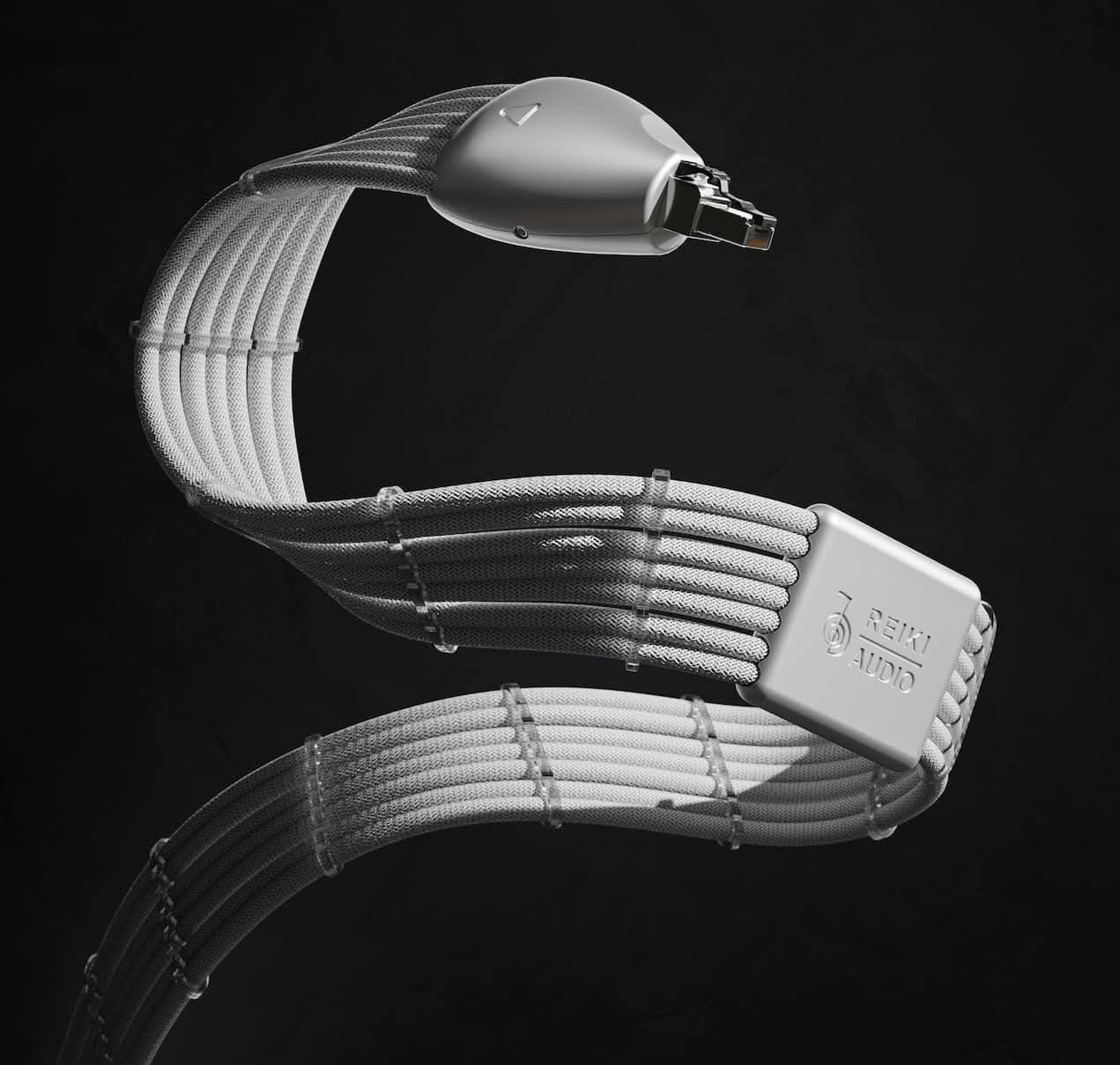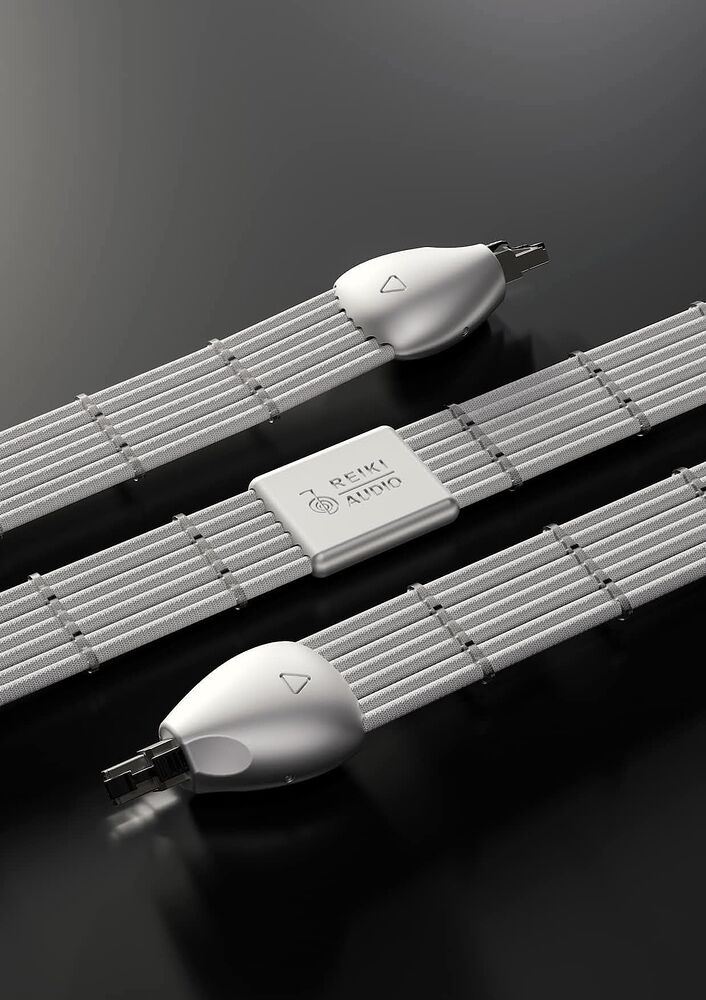The facts that you own some esoteric product does not save you from a simple observation bias. THere is only one valid method - a double blind test. Actually, there is a bet on internet that if someone can tell in 8 from 10 times which cable or switch is connected between the two you can win 100.000€.
But there is a simple way to prove it. You just need to disconnect a ethernet cable from the streamer and let it play music from the buffer. If you hear a difference then you can actually make an improvment with better cable / switch / optics. If there is no difference in sound then cable /switch can make no difference too. Simple logic.
With a clock you have to be careful. An external audio clock can make a difference in the sound, but most probably - to worse. Reason is simple - intristic jitter in the cable you use for transporting clock signal. It is always the best for the clock to be as close as possible to the DAC chip. External clocks are important if you have multiple audio digital devices which needs to be synchronised. Word clock is the worst solution. 256x superclock is much better, but you need a special equipement for that (I do not think is used in consumer products) and you have a 10 Mhz clock which has a problem that you have to derive two frequencies (44.1 and 48 kHz and its multiplies) from base frequency. And it is much harder to archieve precision from 10 MHz external clock then from internal clock. You have very good explanation for that in review Gustard X26 on Goldensound.
It is not the goal of reaching the best sound in spending insane amounts of money blindly on products which have different purpose than intended. Good system has to be balanced and purposefull.
And please, do not ask me if I own the products you mentioned. I do work in the audio industry and have access to all kinds of exotic audio products. I have worked a lot in evaluating sound from that kind of products for last 30 years.



 Ridiculous
Ridiculous 






